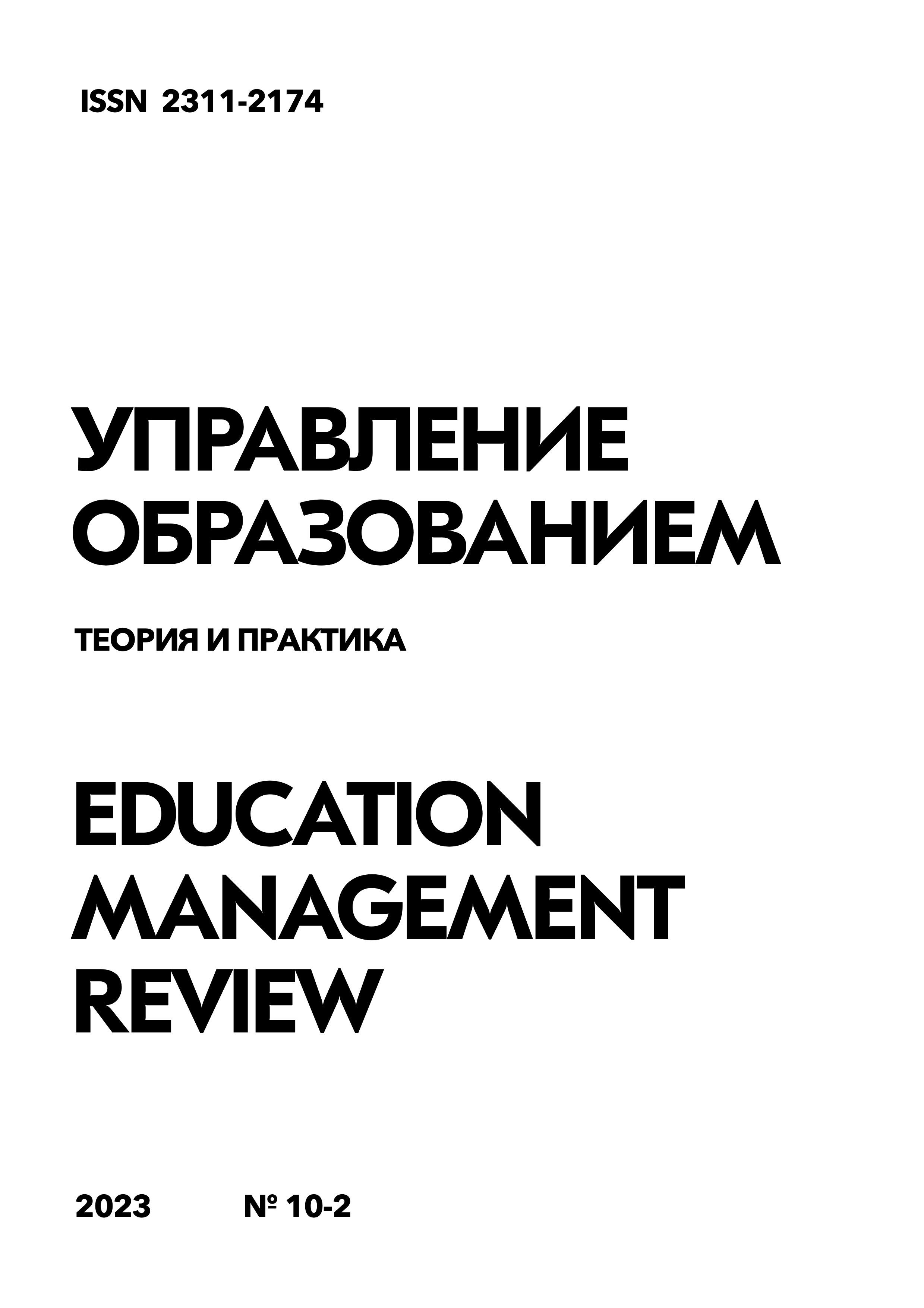Integration of computer-assisted learning (CALL) into the teaching of English in Russian educational institutions
DOI:
https://doi.org/10.25726/o3781-2468-7813-bKeywords:
CALL, educational technologies, integration, motivation, academic performance, English, Russian Federation, curricula, teachingAbstract
In the modern educational space of the Russian Federation, the task of integrating computer-assisted English language learning (Computer-Assisted Language Learning, CALL) into curricula is being actualized. This article is intended to analyze the theoretical and practical aspects of the introduction of CALL-methodology in educational institutions in Russia, based on statistical data obtained from 25 regional educational centers in the period from 2018 to 2022. The study includes an analysis of 1,500 curricula, 3,200 teacher reports and 4,500 student questionnaires. The purpose of the study is to identify the effectiveness of the use of CALL, its impact on the motivation and academic performance of students, as well as possible problems and limitations that may arise at the integration stage. According to the analysis, the integration of CALL in regional educational institutions demonstrates a positive trend in improving the academic performance of students. Statistical indicators show an increase in the average score in English by 14.3% among students who actively use CALL-methods, in comparison with traditional teaching methods. The results of the study can be used to develop targeted methods and strategies for implementing CALL in Russian universities, taking into account their individual characteristics and the needs of students.
References
Бойченко О. В., Смирнова О. Ю. Информационно-коммуникационные и цифровые технологии в образовании // Проблемы современного педагогического образования. 2019. № 64-2. С. 29-33.
Выборнова А. И. Иммерсивные технологии в телекоммуникациях: обзор и перспективы // Информационные технологии и телекоммуникации. 2021. Т. 9. № 3. С. 1-10. DOI: 10.31854/23071303-2021-9-3-1-10.
Гриневич Л. А. Цифровизация высшего образования в современной России: теория и практика // Вестник Кемеровского государственного университета культуры и искусств. 2021. № 57. С. 242-248.
Дубинина Д. А. Информационная образовательная платформа вуза // StudNet. 2020. № 8. С. 308-312.
Дунаева Т. Ю. Роль информационных технологий в высшем образовании // Проблемы педагогики. 2017. № 4 (27). С. 71-73.
Клопов Р. В. Информационные технологии в высшем образовании США // Pedagogics, psychology, medical-biological problems of physical training and sports. 2009. № 12. С. 84-86.
Олейник А. С., Герасимов B. М., Халилуллин Ф. Н., Гайнулова Ю. М., Калинин Д. С. Технология обеспечения информационной и кибербезопасности в учреждениях высшего образования // Управление образованием: теория и практика. 2022. № 5 (51). C. 240-247.
Петрожицкая И. А. Информационные технологии как инструмент обучения в вузе // Проблемы современного педагогического образования. 2021. № 70-2. С. 154-157.
Подымова Л. С., Головятенко Т. А., Хмелькова М. А. Инновационные технологии в системе управления цифровым образованием в условиях высшей школы // Высшее образование сегодня. 2021. № 2. С. 12-16.
Покровская О. Д. Логистические транспортные системы России в условиях новых санкций // Бюллетень результатов научных исследований. 2022. № 1. С. 80-94.
Понизовкина И. Ф. Цифровизация высшего образования: перспективы и риски // Право и практика. 2020. № 1. С.194-202.
Расулова З. Д. Эффективность дистанционной организации процессов обучения в высшем образовании // Academy. 2020. № 11 (62). С. 31-34.
Сафронова А. А., Рудакова Е. Н., Куренков П. В. Формирование системы финансового менеджмента: теория, опыт, проблемы, перспективы: коллективная монография / М., 2018. 228 с.
Таран В. Н. Применение дополненной реальности в обучении // Проблемы современного педагогического образования. 2018. № 60-2.




